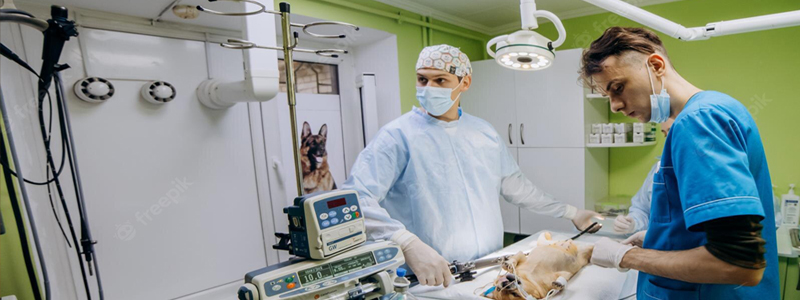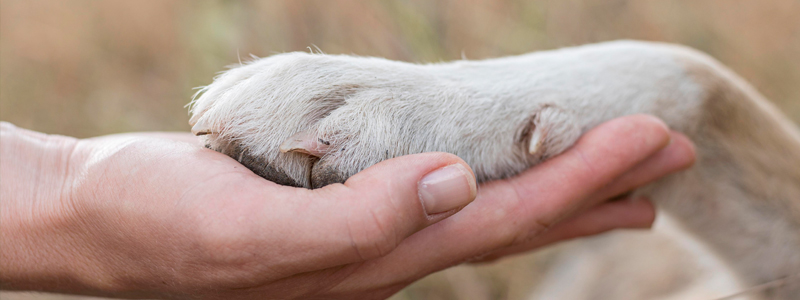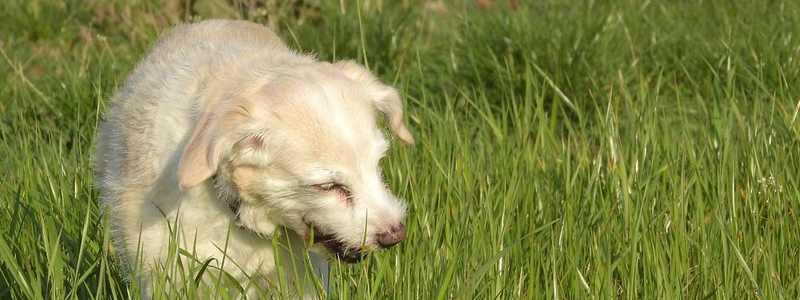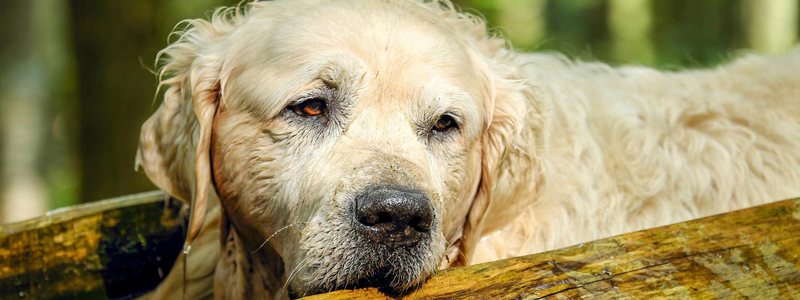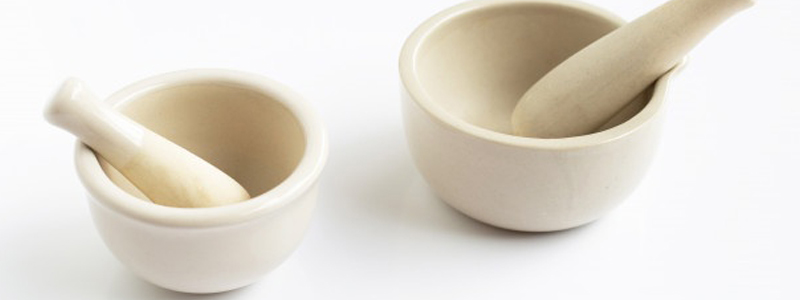BY: SAMANTHA BARTLETT, DVM
As the conflict in Ukraine continues, thousands of pets are arriving at the Polish border with their families. Veterinary teams in Poland are caring for 500-600 animals arriving in the country daily. The International Fund for Animal Welfare (IFAW) reports that veterinary teams have vaccinated and microchipped more than 12000 animals since the Russian invasion began. Small veterinary teams at train stations along the Polish border can see up to 200 pets per day. Many of these pets are suffering from dehydration, hypothermia and stress.
Animals that remain in Ukraine are faring no better. Shelters report that animals are stressed from the noise of bombing and artillery – some having seizures. Others have been injured in bombing raids. Food is in short supply and many animals are left to their own devices foraging to find food. There have been reported deaths of people attempting to deliver food to animal shelters within the Ukraine.
The Dogs of Chernobyl Program that has been providing clean food to the stray dogs living around the Chernobyl nuclear site has not been able to get food to the dogs there. Zoo animals are also suffering within the country as zoo personnel are unable to transport them through the conflict zones and many animals are panicking during bombings. Food has become an issue for these animals as well. The European Association of Zoos and Aquariums has been coordinating efforts to get supplies to the zoos across the Ukraine. Likewise, the Food and Agricultural Organization of the United Nations is working to provide food and supplies to farmers and rural livestock owners.
Monetary aid is the best way to help as there is no guarantee that other forms of aid will make the trip to their intended target. Local humanitarian groups can use the financial aid to fund local efforts. In March, the AVMA’s charitable arm American Veterinary Medical Foundation announced it will direct a $100,000 contribution from the Merck Animal Health along with a matching contribution to groups helping Ukraine and surrounding areas. The World Small Animal Veterinary Association (WSAVA) is gathering food and supplies and developing a network on the ground to deliver the supplies where needed. The website Vets for Ukraine was created in coordination with many European veterinary organizations to provide aid to Ukrainian veterinarians, their families and their animals. In addition, other countries are offering aid to veterinarians, veterinary students and shelter animals from Ukraine in various ways.
To contribute to the Ukrainian relief efforts through the AVMF, got to AVMF.org/Donate.

